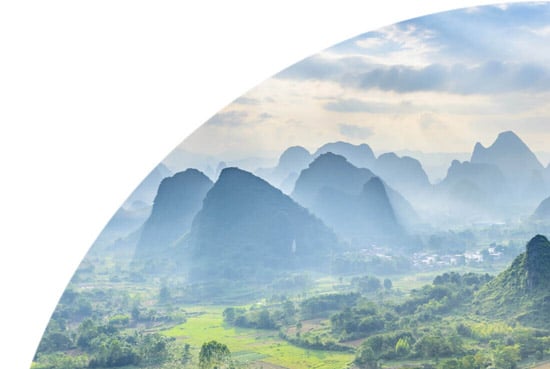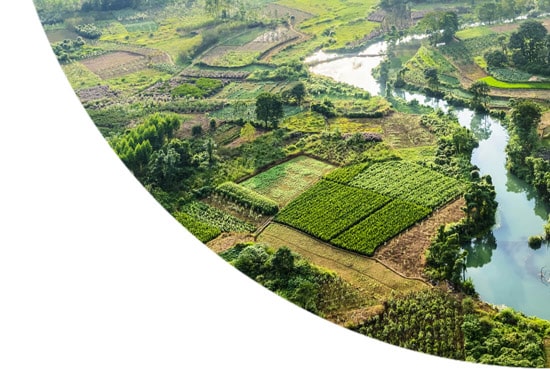Crimean-Congo haemorrhagic fever (CCHF) is primarily spread to humans either by infected ticks or animal blood. Human-to-human transmission can also occur resulting from close contact with the blood, organs or other bodily fluids of an infected person.


Travel Vaccinations for China
Recommended Vaccines for China
The level of protection needed depends on your medical history and travel itinerary. Book now to get a personalised recommendation from our specialist travel nurses. The consultation costs £20 plus any vaccines you decide to take.
Vaccines Advised To Some China Visitors
Flexible appointments with no upfront payment
Book Now
Destination Information for China
China has some larger than life cities to explore. Whether you stay for a week or stay for 3 months, you can enjoy every minute of every day visiting some of the country’s exquisite attractions. The different regions of China vary in temperature and climate – the north of the country is the temperate area, south is subtropical, and the central area has a warm temperature. The thermometer can reach highs of 35°C degrees in certain parts of the country.
Tourists visiting China usually head to Chengdu, Beijing, Shanghai and Xian, but independent of any region you wish to explore, it’s a must to take a tour of one of the most iconic sights in the country – the Great Wall of China in Beijing; you can even stand atop the wall and admire the views.
Simatai is one of the most beautiful points at the wall, and there are usually fewer tourists there. However, the closest point to the city is the Juyongguan section of the wall – a great part of the wall to visit on a day trip. Apart from the Great Wall, make sure you stop by to see the Pandas, enjoy a ‘Three Gorges’ cruise or hire a bike and cycle through the rice fields. Shanghai also has a stunning harbour where you can enjoy a meal and an evening tour.
As you sit on the Great Wall, it is important you have been administered with the appropriate travel vaccinations. Anyone travelling to China should be up to date with their hepatitis A, Typhoid tetanus, diphtheria and polio vaccines. Depending on which regions you visit, and your risk factors and itinerary, additional vaccines may be required such as Rabies, Tick borne encephalitis, Japanese encephalitis and hepatitis B. Please book early at a travel clinic to find out exactly what vaccinations and precautions you need.
Infections and Outbreaks frequently change from country to country and by attending our clinics you will be given the most up to date clinical and safety advice from our team of specialists. Our advice to you often includes aspects such as:
Additional Health Risks Information for China
China is a fascinating country to visit. However, as the culture is so different from life in the West, there are a few issues to highlight regarding travel health and staying safe while you’re travelling around China. In busy cities, foreigners may be a target for muggings and bag snatching, so take extra care around tourist areas and street markets. Serious crime is rare but does occur. Don’t travel alone after dark or in isolated areas, and make sure someone knows your plans. If you’re trekking or visiting the Tibet Autonomous Region, you will need a permit. There are sometimes travel restrictions in place for this area, imposed without warning, so check before you set off – it’s a good idea to travel with an organised tour.
Tourists and visitors to the country are not allowed to drive in China. For getting around day-to-day, you will need to use public transport or a licensed taxi – remember to agree on the fare before beginning any journey. In cities, there can be a high level of air pollution, which may exacerbate any existing respiratory conditions. Medical care in major cities is generally good, but it can be harder to find in more rural areas. Healthcare is not free, so ensure you have adequate travel insurance in place.
Some areas of China and Tibet are at high altitude. If you are walking or trekking in mountainous areas, ensure that you are aware of the signs and symptoms of altitude sickness, and what to do if a member of your group begins to suffer. Tick-borne encephalitis is prevalent at altitude and forested areas, and Japanese Encephalitis in rural areas so consult a travel clinic to discuss vaccination before your trip.
Latest China Articles
Top Travel Destinations for 2019
Once you’ve found your ideal holiday destination for 2019, book your travel vaccinations here using our simple online booking process. Or if you’re looking for a last minute appointment, give us a call on 020 3432 1381. 2019 is no doubt …
Exploring China: 4 Highlights of This Incredible Country
China is a huge country spanning 9.5 million square kilometres and is home to 1.4 billion people, making it the country with the largest population in the world. From the mountains and deserts in the west, to the rolling hills, …





